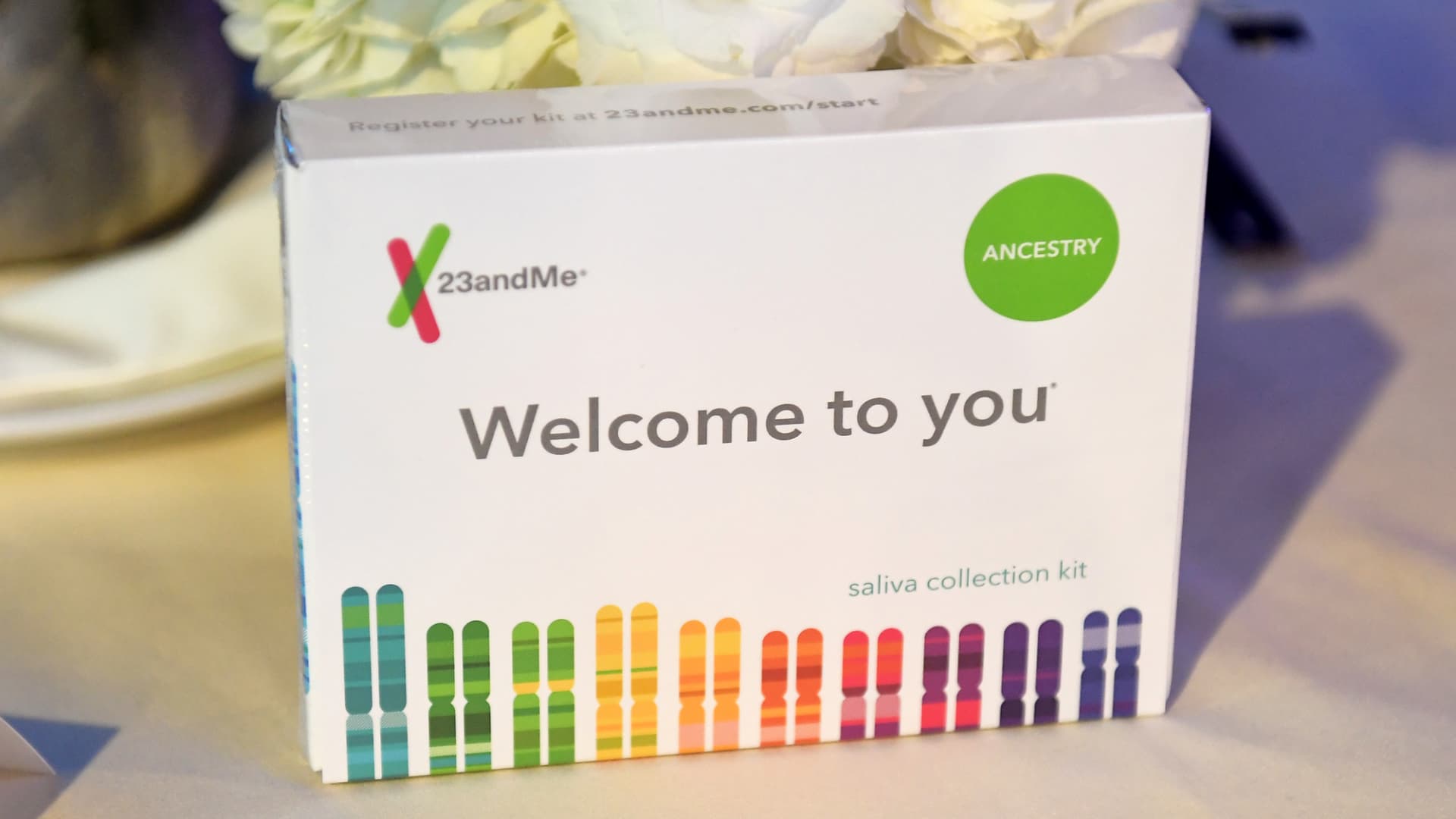The burgeoning industry of direct-to-consumer (DTC) genetic testing has undeniably captivated the American populace. This fascination isn’t merely a transient curiosity; it speaks to a deeper yearning for self-understanding, a desire to connect with ancestral roots, and perhaps, a quest to unravel the mysteries of our own biological predispositions. But with this ease of access to deeply personal information comes a panoply of considerations, particularly concerning data privacy, security, and the potential for misinterpretation of results. Identifying the single “most serious” US-based DNA testing company is a complex undertaking, fraught with nuanced factors beyond simple market share or advertisement budgets. Instead, a more prudent approach involves evaluating companies based on a range of criteria that assess their potential impact on consumers. We shall embark on this journey.
Data Privacy Protocols: A Cornerstone of Trust
At the apex of concerns resides the safeguarding of genetic data. A company’s stance on data privacy is paramount. Does the company employ robust encryption protocols to protect genetic data from unauthorized access or cyberattacks? Are data storage facilities geographically redundant and compliant with stringent security certifications, such as ISO 27001? Furthermore, does the company adhere to the principles of Privacy by Design, embedding privacy considerations into every stage of product development?
The clarity of a company’s privacy policy is equally crucial. The policy should articulate, in plain language, how genetic data is collected, used, stored, and shared. It should explicitly detail the circumstances under which data may be shared with third parties, such as research institutions or pharmaceutical companies, and whether consumers have the option to opt-out of such sharing. A lack of transparency or ambiguous language in a privacy policy should raise immediate red flags.
Informed Consent and Data Usage
The concept of informed consent extends beyond simply clicking an “I Agree” button. Companies must provide consumers with a comprehensive understanding of the potential uses of their genetic data, both now and in the future. This includes outlining the risks and benefits of participating in research studies, the potential for data to be re-identified, and the duration for which data will be retained.
Moreover, companies should be transparent about their data monetization strategies. Are they selling anonymized or aggregated data to third parties? Do consumers receive any compensation for the use of their data? A lack of transparency in this area can erode trust and raise ethical concerns about the exploitation of personal genetic information.
Accuracy and Validity of Test Results
The analytical validity of a genetic test refers to its ability to accurately and reliably measure the genetic markers it purports to measure. Companies should provide evidence of their tests’ analytical validity, including sensitivity, specificity, and reproducibility. This evidence should be supported by peer-reviewed publications or independent validation studies.
The clinical validity of a genetic test, on the other hand, refers to its ability to accurately predict the presence or absence of a particular trait or disease. Companies should provide clear and concise information about the clinical validity of their tests, including the limitations and uncertainties associated with the results. It’s vital to comprehend that the presence of a genetic marker does not necessarily guarantee the development of a disease, and vice versa. The predictive power of a genetic test depends on a variety of factors, including the prevalence of the disease in the population, the penetrance of the gene, and the presence of other genetic and environmental factors.
Data Security and Breach Mitigation
Even with the most robust security measures in place, the risk of a data breach remains a persistent threat. Companies must have comprehensive incident response plans in place to detect, contain, and mitigate the impact of a breach. These plans should include procedures for notifying affected individuals, providing credit monitoring services, and cooperating with law enforcement agencies.
Furthermore, companies should conduct regular security audits and penetration testing to identify and address vulnerabilities in their systems. They should also invest in employee training to raise awareness about phishing attacks and other social engineering tactics that could compromise data security.
Regulatory Compliance and Oversight
The DTC genetic testing industry is subject to a complex web of regulations at both the federal and state levels. Companies must comply with the Health Insurance Portability and Accountability Act (HIPAA) and other relevant privacy laws. They must also adhere to the regulations established by the Food and Drug Administration (FDA) regarding the accuracy and validity of their tests.
The regulatory landscape for DTC genetic testing is constantly evolving. It is therefore critical for companies to stay abreast of the latest developments and adapt their policies and procedures accordingly. Companies that prioritize compliance and work proactively with regulatory agencies demonstrate a commitment to protecting consumers’ interests.
Transparency and Ethical Conduct
Beyond legal compliance, companies should adhere to the highest ethical standards. This includes being transparent about their business practices, avoiding deceptive marketing tactics, and prioritizing the well-being of their customers. It also involves being responsive to consumer complaints and concerns and addressing them in a timely and effective manner.
Ultimately, choosing a DNA testing company requires careful consideration of these factors. While no single company can be definitively labeled as the “most serious,” consumers can make informed decisions by evaluating companies based on their data privacy protocols, informed consent practices, accuracy of test results, data security measures, regulatory compliance, and ethical conduct. This diligence is crucial to safeguarding personal genetic information and ensuring a positive experience with DTC genetic testing.










Leave a Comment